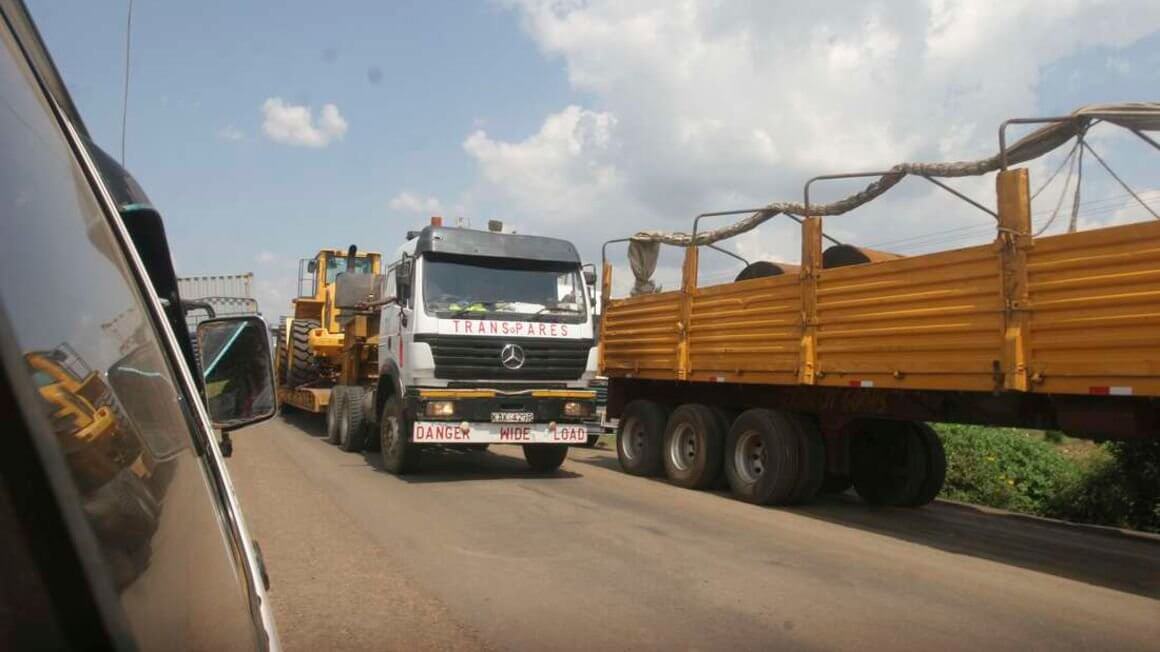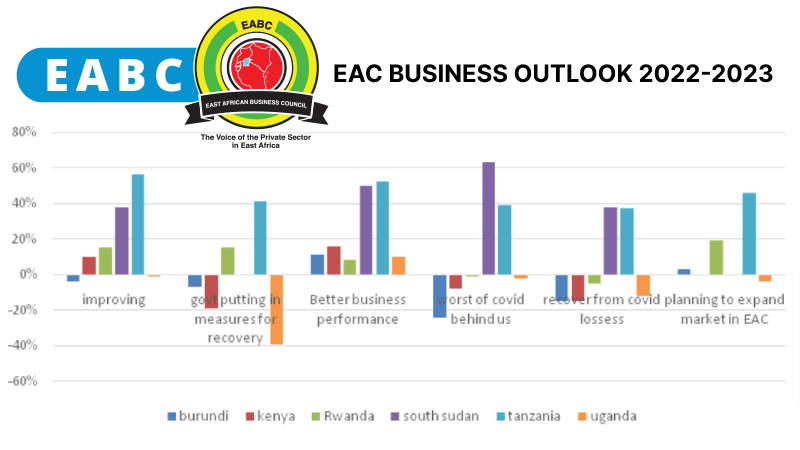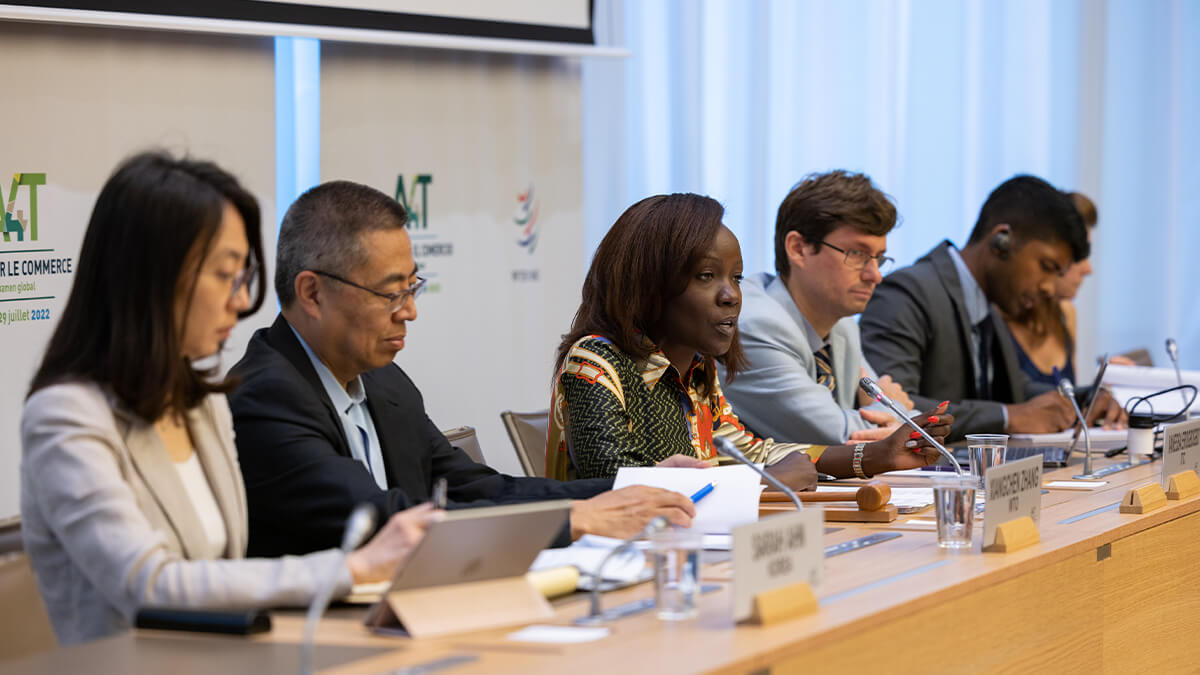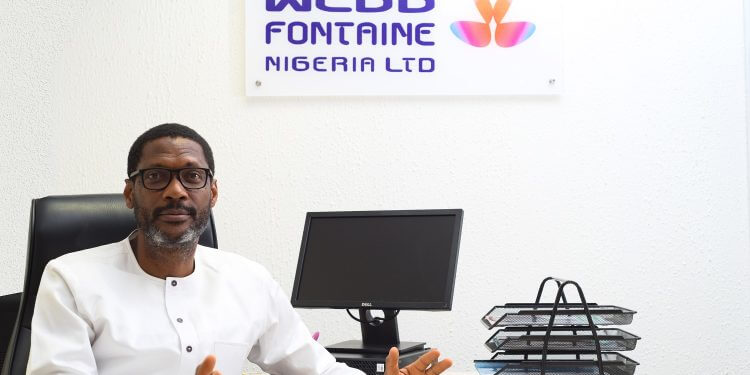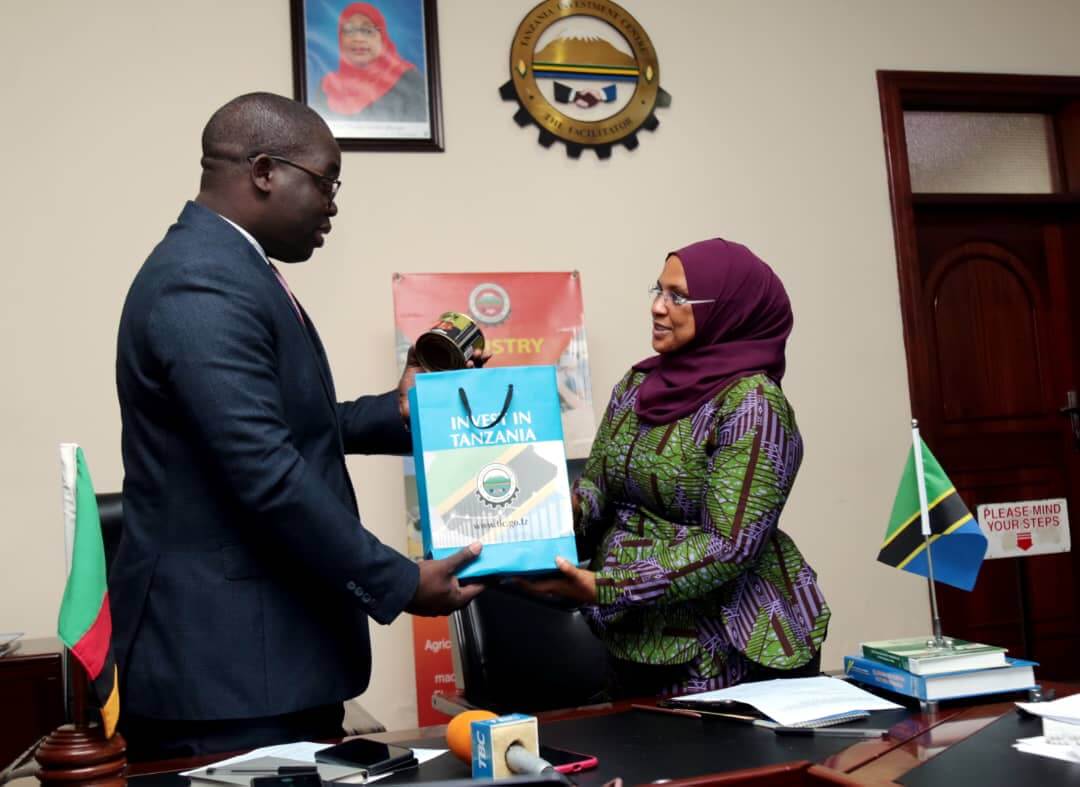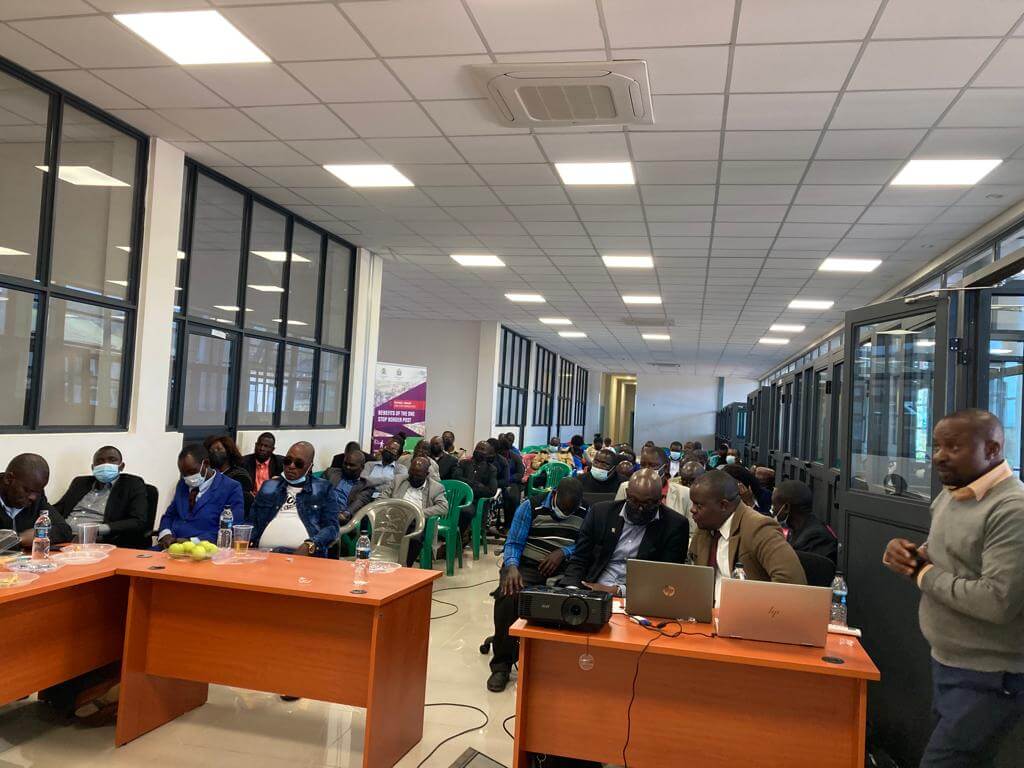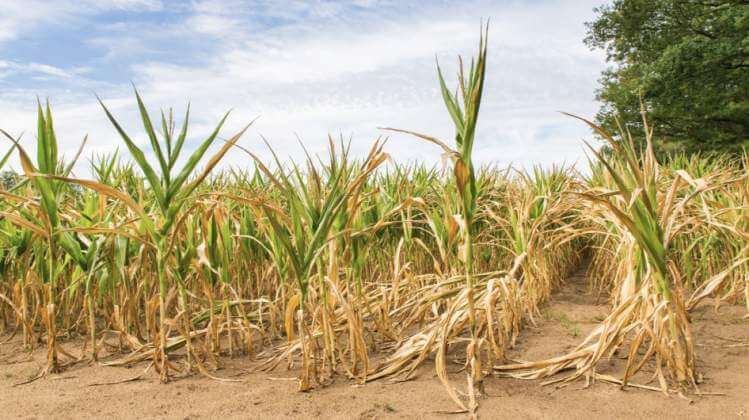Traders risk up to Sh500,000 in fine or a year in jail if they fail to register online for clearance of all imports and exports as the State moves to plug loopholes manipulated to ship in or export products. This follows the creation of the National Electronic Single Window System, which is now the only entry point to register and clear all inbound and outbound cargo. The online clearance system is linked to the Kenya Revenue Authority and the Kenya Ports Authority, giving the State more tools to tame tax evasion. “The system shall serve as a single entry point and platform for any person involved in trade and transport to lodge documents electronically, including import or export documents for processing and approval,” the Act reads in part. The law took effect on July 11 and revokes an Executive Order of 2010 that the government relied on to ensure that imports or exports are cleared electronically and ensure compliance with all taxes and duties. State agencies, including the Energy and Petroleum Regulatory Authority, Kenya Plant Health Inspectorate Service and Agriculture and Food Authority have also been linked to the system. An estimated 15,000 traders registered with the systems last year, highlighting why the government pushed for changes to the law to make listing compulsory. The platform will ease clearance hitches by offering a single paperless platform, a shift from the present situation in which traders have to visit every single entity. The system is key to facilitating cross-border and international...
Traders face fines as e-customs clearance system law kicks in
Posted on: August 8, 2022
Posted on: August 8, 2022

